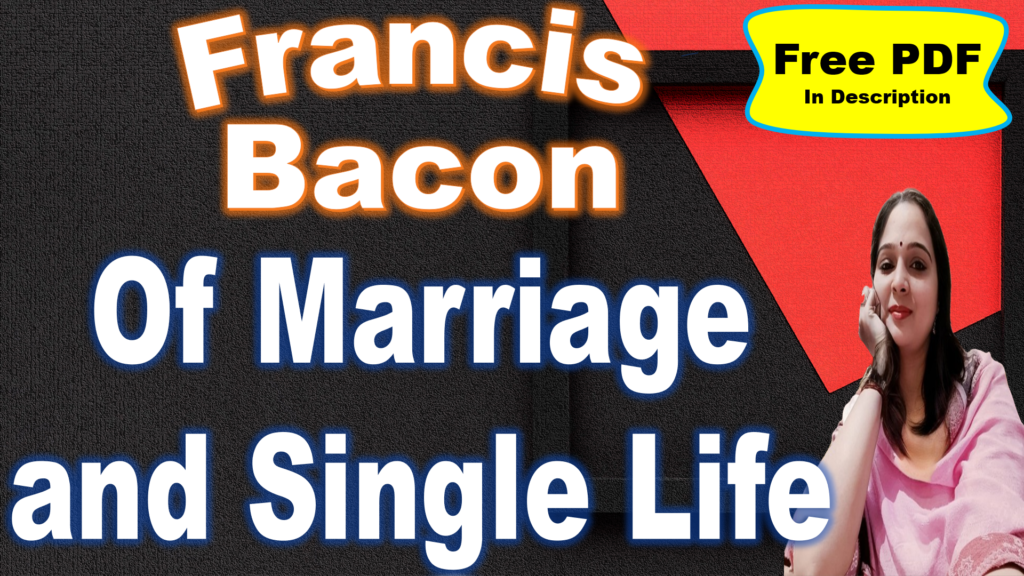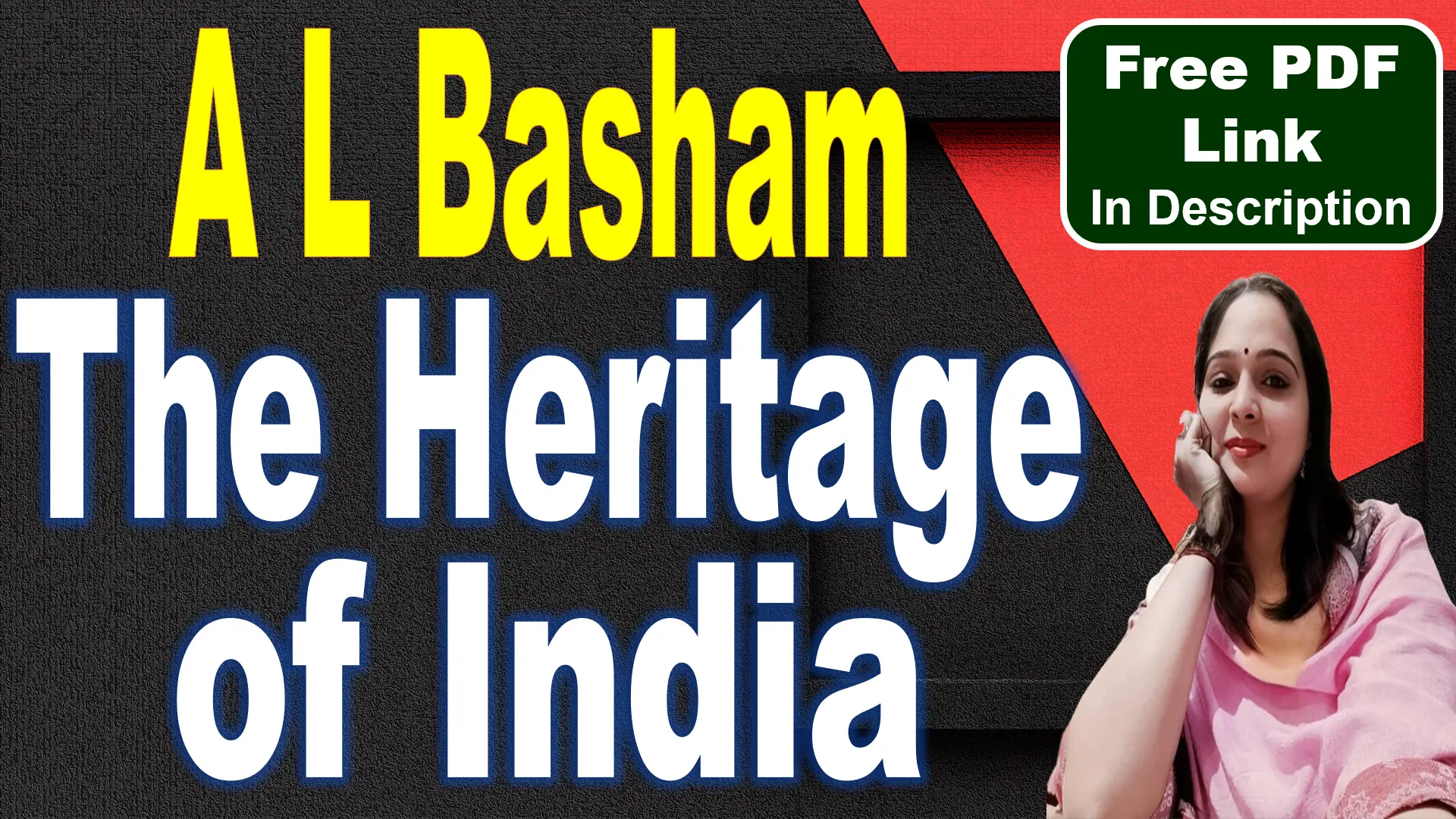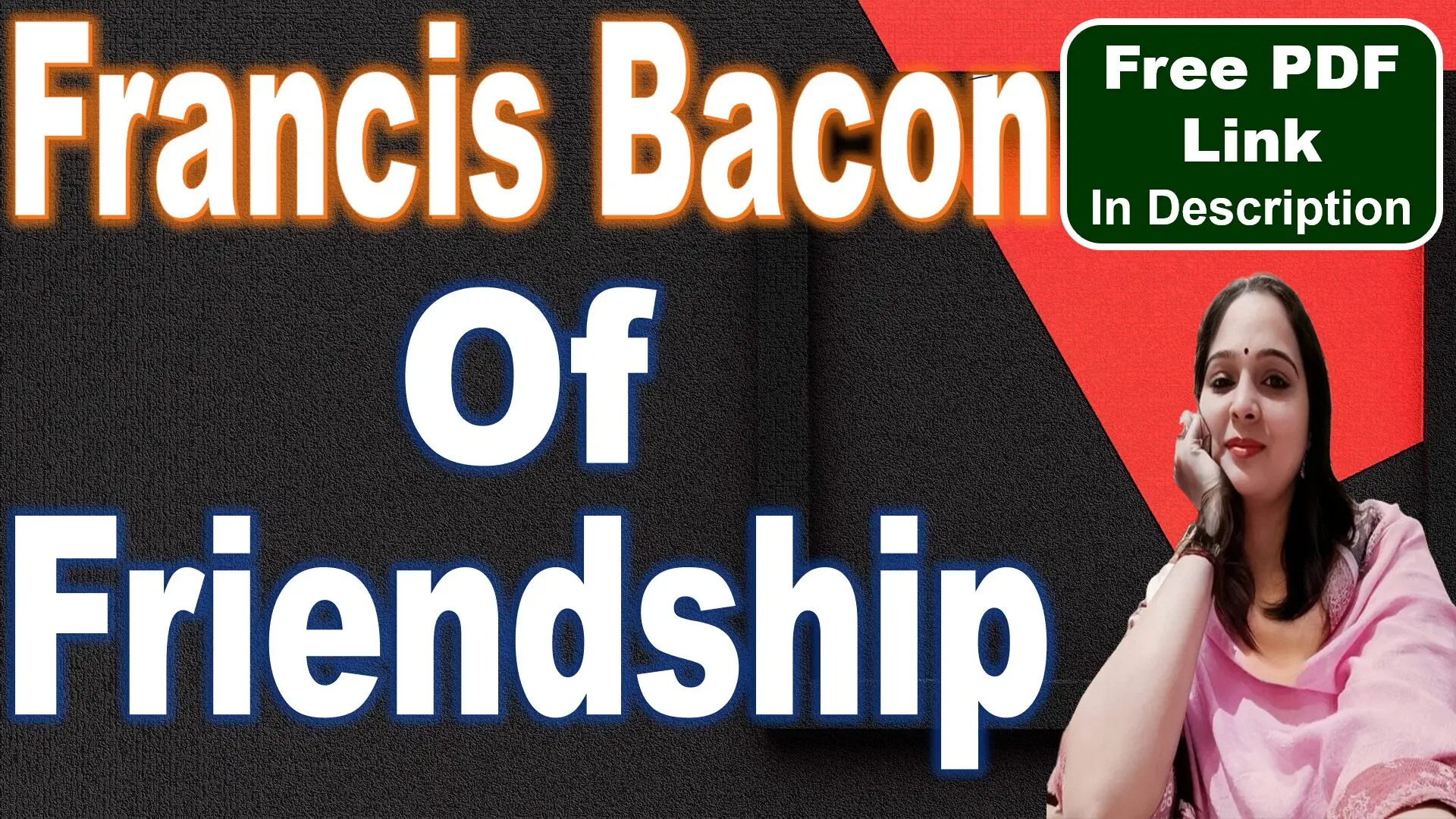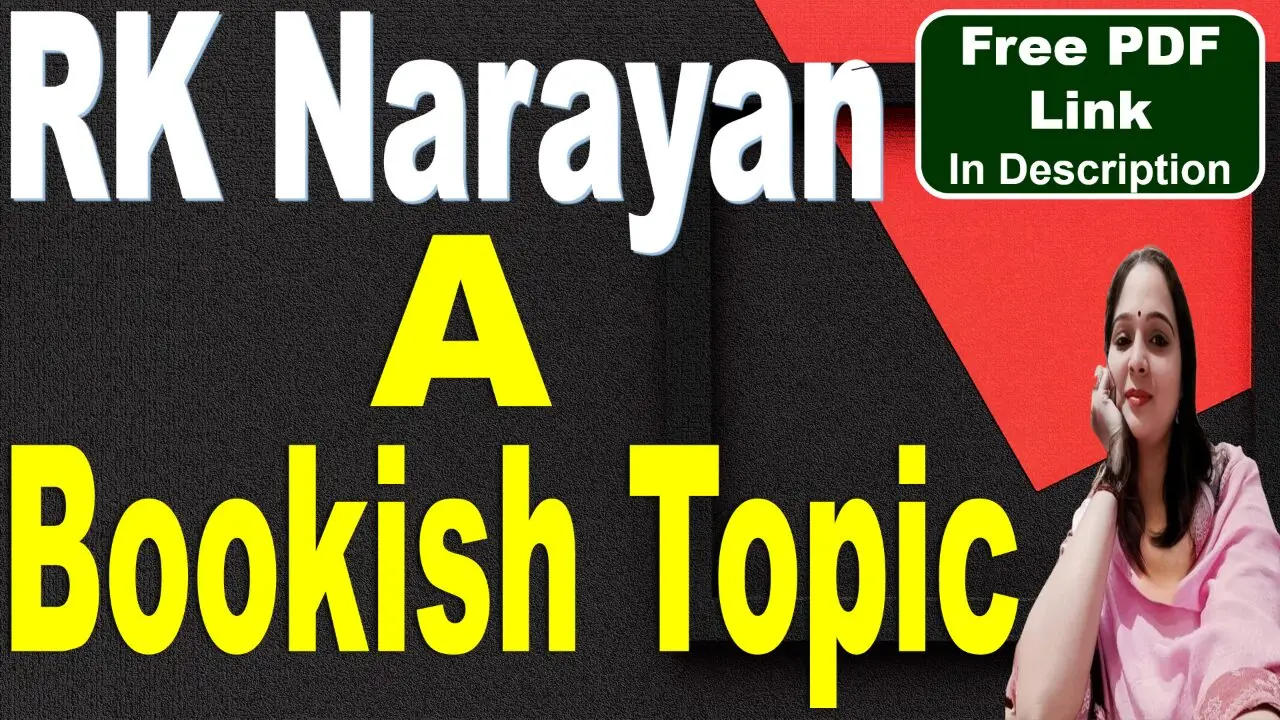
Of Marriage and Single Life Summary
Francis Bacon’s essay “Of Marriage and Single Life” was published in 1612 in the second edition of his Essays, and again in 1625 in an expanded edition. The Essays were a collection of philosophical and thoughtful essays on a variety of topics, including love, friendship, truth, and gardening. Bacon is considered the father of the modern English essay for his contributions to establishing it as an important literary and scholarly form.
In his essay “Of Marriage and Single Life,” Sir Francis Bacon explores the pros and cons of being married versus remaining single. He begins by noting that marriage and children can be seen as burdens that tie a person to worldly concerns, making it difficult to pursue grand ambitions. In contrast, unmarried and childless men often contribute more significantly to public life because they are free to devote their resources and affections to society.
Bacon acknowledges, however, that those with children have a vested interest in the future, as they must care for the well-being of their descendants. He criticizes some single men for their selfishness and others for viewing family merely as a financial burden. The desire for personal freedom is a common reason for remaining single, especially among those who are sensitive to any form of restraint.
He observes that single men make better friends, employers, and servants but may not be as reliable as citizens or subjects. For clergymen, a single life allows them to focus more on charity, while for judges and magistrates, being single or married has little impact unless they are corrupt.
Bacon also discusses the roles that wives play throughout a man’s life: as mistresses when young, companions in middle age, and nurses in old age. He quotes a wise saying that suggests young men should delay marriage, and older men should avoid it altogether. Despite this, he notes that bad husbands often have good wives, particularly when the wife has chosen her husband against the advice of others.
Overall, Bacon presents a balanced view, highlighting the benefits and drawbacks of both marriage and single life, while also acknowledging the complex human emotions and societal expectations surrounding these choices.
Of Marriage and Single Life Key Points
Author
Francis Bacon (1561-1626) was an English philosopher, statesman, scientist, jurist, and author. He served as Attorney General and as Lord Chancellor of England and is best known for his works on philosophy and science, particularly his promotion of the scientific method.
Introduction
“Of Marriage and Single Life” is one of Bacon’s essays where he talks about the differences between being married and staying single. He discusses how each choice affects a person’s life, including their freedom, responsibilities, and ability to contribute to society. Bacon doesn’t say one is better than the other but instead looks at the pros and cons of both.
Structure
The essay is organized as a series of thoughts and observations rather than a formal argument. Bacon starts by discussing how marriage can limit a person’s freedom but also provide important responsibilities. He then compares this with the advantages of being single, such as having more personal freedom. Throughout the essay, Bacon goes back and forth, comparing the benefits and drawbacks of both married and single life.
Setting
The essay is based on the social norms and values of early 17th-century England. During this time, marriage was an important part of society, and there were strong expectations about what it meant to be married or single. Bacon’s thoughts reflect the world he lived in, where marriage was both a personal and economic decision with significant social implications.
Theme
The main theme of the essay is the contrast between the responsibilities of married life and the freedom of single life. Bacon explores how marriage can both limit a person’s ambitions and also make them more compassionate and connected to others. On the other hand, single life offers more freedom but can sometimes lead to selfishness. The essay also touches on how these choices affect one’s role in society and personal happiness.
Style
Bacon’s writing style is clear and to the point. He uses short, thoughtful sentences to make his ideas easy to understand. He often compares marriage and single life using simple examples and analogies. The essay is meant to make readers think about their own lives and decisions rather than just entertain them.
Message
The message of “Of Marriage and Single Life” is that both marriage and single life have their own benefits and challenges. Marriage brings responsibilities and can help people become more caring and connected, but it also limits personal freedom. Being single allows for more independence and the ability to focus on personal goals, but it can also lead to a lack of connection with others. Bacon doesn’t say one choice is better than the other but encourages readers to think about what is most important to them and choose accordingly.
Francis Bacon
1. Early Life and Education
Birth: Francis Bacon was born on January 22, 1561, in London, England.
Family Background: He was the youngest son of Sir Nicholas Bacon, the Lord Keeper of the Great Seal, and Anne Cooke Bacon, a highly educated woman and daughter of Sir Anthony Cooke.
Education: Bacon was educated at home before attending Trinity College, Cambridge, at the age of 12. He later studied law at Gray’s Inn, London, starting in 1576.
2. Political Career
Early Positions: Bacon began his political career in 1584 as a member of the House of Commons for Bossiney in Cornwall. He represented various constituencies throughout his career.
Attorney General: In 1613, Bacon was appointed Attorney General of England, a significant position that allowed him to influence the legal and political landscape.
Lord Chancellor: In 1618, he reached the pinnacle of his political career by becoming Lord Chancellor, one of the highest offices in England.
3. Legal and Judicial Work
Reforms: As a legal expert, Bacon worked on reforming English law. He was involved in several significant legal cases and contributed to the development of legal theory.
Downfall: Despite his achievements, Bacon’s career ended in disgrace in 1621 when he was charged with corruption. He admitted to taking bribes, was fined, imprisoned briefly, and banned from holding public office.
4. Philosophical Contributions
Empiricism: Bacon is best known for his advocacy of empiricism, the idea that knowledge comes primarily from sensory experience. He argued against the prevailing Aristotelian philosophy of his time, which emphasized deductive reasoning.
Scientific Method: He promoted the scientific method, emphasizing observation, experimentation, and inductive reasoning. His works laid the groundwork for modern scientific inquiry.
5. Major Works
“Novum Organum” (1620): One of his most influential works, it outlines his method for scientific investigation, emphasizing the importance of empirical evidence and inductive reasoning.
“The Advancement of Learning” (1605): This work discusses the state of knowledge and proposes reforms to improve the acquisition and application of knowledge.
“Essays” (1597, expanded in 1612 and 1625): Bacon’s essays cover various topics, including politics, philosophy, and morality. They are known for their concise and aphoristic style, offering practical wisdom.
6. Literary Style
Aphoristic Writing: Bacon’s essays are characterized by their aphoristic style, using concise and memorable statements to convey complex ideas.
Clarity and Precision: His writing is marked by clarity and precision, making his philosophical concepts accessible to a broad audience.
Practical Wisdom: Bacon often focuses on practical wisdom and real-world applications of philosophical ideas, making his work relevant to everyday life.
7. Scientific and Technological Vision
“New Atlantis” (1626): In this unfinished work, Bacon presents a vision of a utopian society dedicated to the pursuit of knowledge and scientific discovery. The fictional society of Bensalem serves as a model for how science and technology can improve human life.
8. Legacy
Influence on Science: Bacon’s emphasis on empirical methods and the scientific approach profoundly impacted the development of modern science. He is often regarded as the father of empiricism.
Intellectual Influence: His ideas influenced later philosophers and scientists, including John Locke, Isaac Newton, and the development of the Enlightenment.
Continuing Relevance: Bacon’s work continues to be studied and appreciated for its contributions to philosophy, science, and literature.
9. Personal Life and Death
Marriage: Bacon married Alice Barnham in 1606, but the marriage was reportedly unhappy, and they had no children.
Death: He died on April 9, 1626, reportedly from pneumonia contracted while experimenting with preserving meat using snow.
10. Criticism and Controversies
Corruption Charges: Bacon’s admission to taking bribes as Lord Chancellor tarnished his reputation and led to his political downfall.
Ethical Questions: His pragmatic approach to politics and law has led to debates about his ethical principles and the moral implications of his actions.
Of Marriage and Single Life by Francis Bacon
Word Meaning
| Tough Word | Meaning in English | Meaning in Hindi |
| Hath | Has | है (है) |
| Hostages to fortune | People or things given as a guarantee against future risks | भविष्य के जोखिमों के खिलाफ गारंटी के रूप में दी गई वस्तुएं या लोग |
| Impediments | Obstacles or hindrances | बाधाएं |
| Of virtue or mischief | Relating to good deeds or harmful actions | अच्छाई या बुराई से संबंधित |
| Endowed | Given or provided with a quality or gift | प्रदान किया हुआ |
| Unto which | To which | जिसके लिए |
| Dearest pledges | Most precious or valued assurances | सबसे प्रिय आश्वासनों |
| Impertinences | Irrelevant or inappropriate matters | अप्रासंगिक बातें |
| Nay | No; or rather | नहीं; बल्कि |
| Covetous | Greedy or desiring something excessively | लालची |
| Abatement | Reduction or decrease | कमी |
| Restraint | Restriction or limitation | प्रतिबंध |
| Girdles and garters | Articles of clothing that restrain or bind | बेल्ट और गार्टर (आंतरिक वस्त्र) |
| Shackles | Chains or restraints that confine | बेड़ियाँ |
| Fugitives | People who run away or escape | भागने वाले लोग |
| Doth | Does | करता है |
| Churchmen | Clergy or religious leaders | पादरी |
| Facile | Easy or superficial | सरल या सतही |
| Hortatives | Encouraging or urging statements | प्रोत्साहक बातें |
| Despising | Showing contempt or disregard | तुच्छ समझना |
| Maketh | Makes | बनाता है |
| Vulgar soldier | Common or ordinary soldier | सामान्य सैनिक |
| Exhaust | Use up or deplete | समाप्त करना |
| Severe inquisitors | Strict or harsh interrogators | कठोर पूछताछकर्ता |
| Tenderness | Sensitivity or gentleness | कोमलता |
| Grave natures | Serious or earnest personalities | गंभीर स्वभाव |
| Ulysses, vetulam suam praetulit immortalitati | Ulysses preferred his old wife over immortality (from Latin) | उलीसिस ने अमरता की बजाय अपनी पुरानी पत्नी को प्राथमिकता दी (लैटिन से) |
| Chaste women | Women who are pure or abstain from sexual activity | पतिव्रता महिलाएँ |
| Froward | Stubborn or difficult to deal with | जिद्दी |
| Chastity | Purity or abstaining from sexual activity | ब्रह्मचर्य |
| Quarrel | Dispute or reason for argument | विवाद |
| Raiseth | Raises or increases | बढ़ाता है |
| Folly | Foolishness or lack of sense | मूर्खता |





